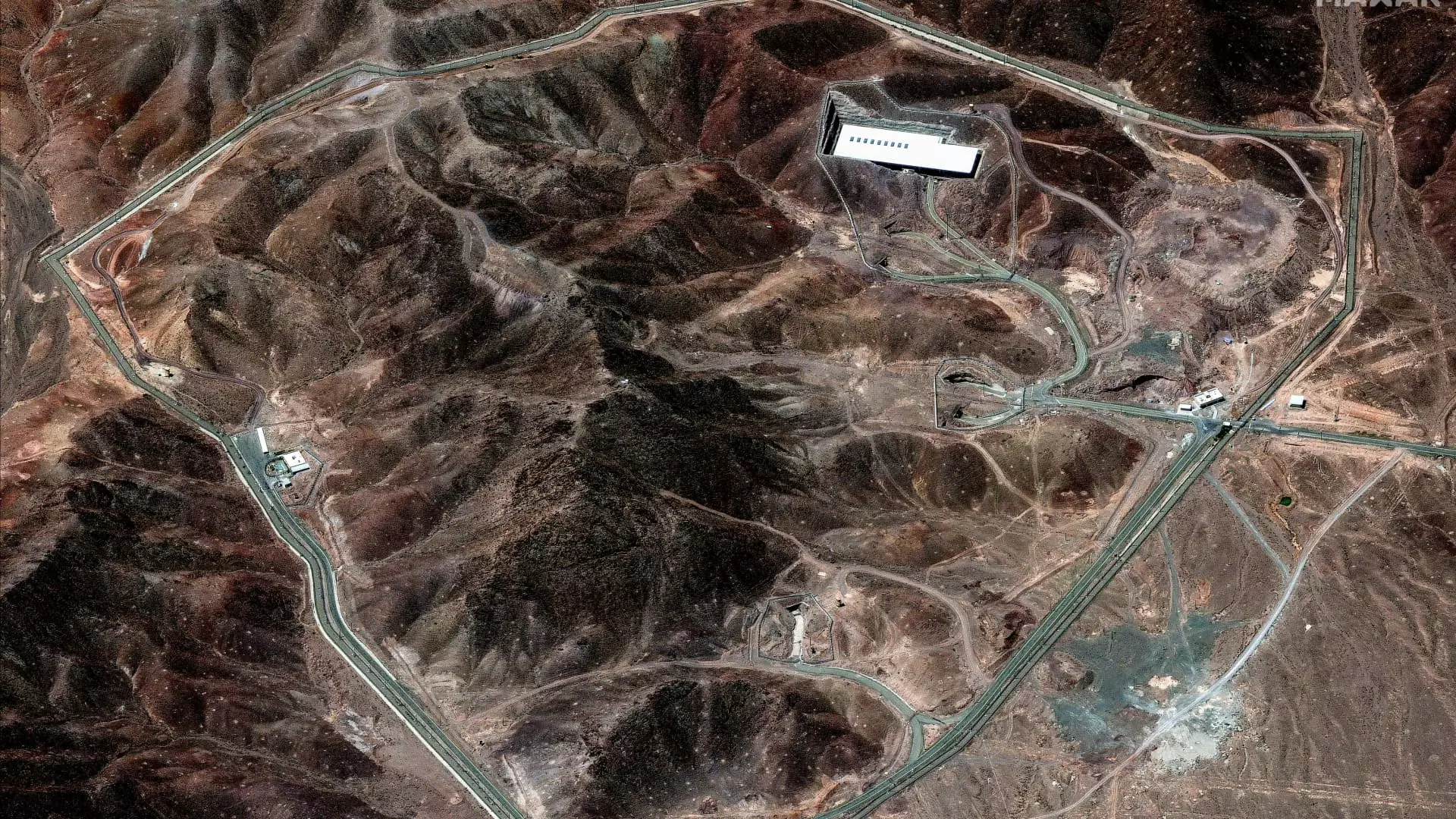In an unpredictable geopolitical landscape, the relationships between nations often mirror the complexity of human emotions—rife with pride, fear, and occasionally, volatility. Recently, the United States engaged in military action against Iran’s nuclear facilities, igniting a fierce debate around the effectiveness and morality of such operations. President Donald Trump proclaimed the strikes as having resulted in “obliteration,” a term that has sparked both intrigue and skepticism globally. As we dissect the layers of this incident, we must question if such extraordinary measures truly pave the way for a more stable international climate or merely serve to escalate tensions further.
Military Precision versus Political Reality
The rhetoric surrounding the strikes was one of supremacy and devastation. Trump’s boast of achieving “monumental damage” to Iran’s nuclear capabilities was echoed by military officials, who reported “severe damage and destruction” across key sites including Fordo, Natanz, and Isfahan. However, a critical analysis of their assertions reveals a lack of concrete clarity regarding the outcomes of these operations. While precision munitions were said to have struck their targets, the actual impact remains ambiguously framed in terms of “battle damage assessment.” This essential military protocol often becomes a tool not only for damage evaluation but also for political justification—a method to sustain narratives rather than for true transparency.
Yet the unsettling truth is that the uncertainty surrounding the continued capacity of Iran’s nuclear ambitions only serves to agitate an already fraught diplomatic environment. If any semblance of damage control is to be taken seriously, a clear dialogue needs to emerge from behind the veil of military bravado. The fluctuating narratives from various U.S. military officials further cast doubt on the effectiveness of these strikes. General Dan Caine elucidated, “initial assessments indicate that all three sites sustained extremely severe damage,” but he thoughtfully refrained from announcing the obliteration of nuclear capabilities. This hesitation indicates underlying complexities that are often glossed over in the quest for militaristic triumph.
The Human Cost of Military Adventures
While the military apparatus buzzed with the excitement of tactical achievement, one cannot overlook the disastrous ripple effects felt by the civilian population in the region. War and military action, especially targeted strikes of this magnitude, invariably translate into human suffering, displacement, and socio-economic degradation. As a proponent of center-wing liberalism, I argue that the ethical implications of such actions must be critically examined. The exaltation of “precision” weaponry is devoid of the human context that outlines the true cost of warfare.
The UN nuclear watchdog’s cautious remarks underscore the precariousness of the situation. Despite President Trump’s bravado, we are left with an incomplete picture of the consequences of Operation Midnight Hammer. The strikes may have yielded impressive visual impacts, but the real question lies in whether peace can be built in the ashes of destruction, particularly when recent actions have potentially hardened Iran’s resolve. The reported strategic relocation of highly enriched uranium—an evasive maneuver that notably coincided with the strikes—highlights a calculated forethought from Iranian officials. If anything, the recent military aggrandizement may very well embolden contentious agendas rather than cause any capitulation from Iran.
A Call for Diplomatic Efforts
The current administration’s penchant for wielding military action as a primary tool for foreign policy signals a troubling trajectory. Diplomatic channels often become the neglected stepsister in favor of the thrill of military might. In an age defined by atomic threats, climate change, and transnational terrorism, the path forward should not be mired in punitive measures but should instead lean toward alliances and negotiation.
Escalating violence only serves to deepen divides, not mend them. The public’s demand for accountability in foreign policy is paramount, and that requires moving beyond the bravado of obliterative claims towards substantive dialogue and understanding. The human cost of war demands a reassessment of strategies—far more than military strikes, it calls for bold diplomatic initiatives anchored in collaboration, empathy, and true global stewardship.
In the wake of these military strikes, we stand at a crossroads—a moment fresh with potential but fraught with danger. The success or failure will ultimately hinge not just on how we conduct our military engagements, but on whether our leadership can embrace a philosophy that values communication over combat.



Leave a Reply